India’s unity in diversity showcases the harmonious coexistence of various religions, languages, traditions, and festivals. It serves as an example of how diverse communities can live together.
AMIR AZIZ AHMEDI, KOLKATA
AUGUST 15, 2023
India, a land of rich cultural heritage and diverse traditions, is often referred to as the epitome of unity in diversity. With a population of over 1.3 billion people belonging to various religions, languages, and ethnicities, India stands as a shining example of how different communities can coexist harmoniously.
India’s secular nature guaranteed in its constitution ensures religious freedom and fosters a tolerant environment where people of different religions, cultures and backgrounds live harmoniously.
In today’s globalised world, where divisions seem more prevalent than ever, India’s long-held values of pluralism and diversity can inspire other nations struggling with multiculturalism. India’s history testifies to the fact that a society’s success lies in recognising that diversity should be celebrated rather than feared.
Multiple facets of India’s diversity
India’s diversity is evident in a multitude of ways, encompassing the country’s culture, languages, traditions, and the different lifestyles of its people, some of which are discussed here.
Language: According to the People’s Linguistic Survey of India, more than 700 languages are spoken in India, each with its own unique history and culture[1]. Hindi is the most widely spoken language, while English is also widely spoken, especially in urban areas.
Religion: Another significant aspect that reflects India’s diversity is religion. India is the birthplace of several major religions, such as Hinduism, Buddhism, Jainism, and Sikhism. Moreover, it is home to many more religions, including Islam, Christianity, and Judaism. Despite the differences in beliefs and practices, Indians coexist peacefully and respect each other’s faiths. This religious tolerance has fostered a sense of unity among the diverse religious communities.
Food: India is a foodie’s paradise, with a wide variety of cuisines to choose from. Each region of India has its own unique cuisine, influenced by the local culture and ingredients.
Festivals: India celebrates a wide variety of festivals throughout the year. These festivals are a time for people to come together and celebrate their shared culture. Festivals like Diwali (celebrated by Hindus), Eid (celebrated by Muslims), Christmas (celebrated by Christians), and Vaisakhi (celebrated by Sikhs) are widely celebrated throughout the country.
Harmony in diversity: India’s unifying elements
Despite the diversity, India has maintained a strong spirit of unity throughout history. This is due to a number of factors.
A shared history: India has a long and rich history that dates back thousands of years. This shared history has helped to create a sense of common identity among Indians, regardless of their individual differences. Moreover, India’s history is a testament to its ability to embrace diversity. Throughout centuries of foreign invasions and colonial rule, Indians have managed to preserve their distinct identities while assimilating external influences. This resilience has strengthened the bond between communities and created a sense of national pride.
A common culture: India has a rich and diverse culture, but there are also many common cultural elements that unite Indians. For example, most Indians share a love of music, dance, and festivals. They also share a common respect for elders and the environment. Furthermore, India’s cultural tapestry is woven with threads from various regions. This diversity not only adds vibrancy to the nation but also promotes mutual respect and understanding among its citizens.
Commitment to secularism: The Indian constitution guarantees freedom of religion to all citizens. This means that people of all faiths are able to live and practice their religion freely in India. This commitment to secularism helps promote tolerance and understanding among India’s diverse population.
Testimonials on India’s unity amidst differences
There are many scholars who have written about the concept of unity in diversity in India.
One of the most famous among such people is Jawaharlal Nehru, India’s first prime minister. Nehru writes regarding India’s unity:
“Some kind of a dream of unity has occupied the mind of India since the dawn of civilisation. That unity was not conceived as something imposed from outside, a standardisation of externals or even of beliefs. It was something deeper and, within its fold, the widest tolerance of belief and custom was practised and every variety acknowledged and even encouraged.”[2]
Mahatma Gandhi, who is known as the Father of the Nation, explains the concept of Swaraj or Indian home rule, in the following words:
“Swaraj means that Hindus, Muslims, Sikhs, Parsis, Christians and Jews should all be able to follow their own faith and should respect those of others.”[3]
On another occasion, he says India’s identity is strongly linked to its remarkable diversity. He says:
“India cannot cease to be one nation because people belonging to different religions live in it. The introduction of foreigners does not necessarily destroy the nation; they merge in it. A country is one nation only when such a condition obtains in it.”[4]
Swami Vivekananda is another notable personality who dedicated himself to upholding India’s unity. He travelled all over the world, spreading the message of India’s spiritual heritage. Swami Vivekananda believed that India’s strength lied in its diversity, and that the country could only achieve its full potential if all its people became like brothers. He says:
“O India! Forget not that the lower classes, the ignorant, the poor, the illiterate, the cobbler, the sweeper are thy flesh and blood, thy brothers.”[5]
Dr B R Ambedkar is yet another prominent figure who diligently worked to bridge divisions among people and foster India’s unity. He says:
“In an ideal society there should be many interests consciously communicated and shared. There should be varied and free points of contact with other modes of association. In other words there must be social endosmosis. This is fraternity, which is only another name for democracy. Democracy is not merely a form of Government. It is primarily a mode of associated living, of conjoint communicated experience. It is essentially an attitude of respect and reverence towards fellowmen.”[6]
Another saint who preached unity in diversity is Guru Nanak. Guru Nanak was the founder of Sikhism, a religion that emphasises the equality of all. He travelled all over India, spreading the message of love and brotherhood. Guru Nanak’s philosophy cements the ties of unity in diversity. Guru Nanak says:
“One God moves concealed in all diversity of creation, though no one form resembles another.”[7]
These and numerous others who advocated unity in diversity have significantly contributed to shaping India into the great country it is today.
Islamic teachings on unity and respect
Let us now review the topic from the standpoint of Islamic teachings.
The Holy Quran affirms the equality of all people. It recognises the diversity among mankind but strongly rejects any form of discrimination based on those differences. It proclaims:
“O mankind, We have created you from a male and a female; and We have made you into tribes and sub-tribes that you may recognise one another. Verily, the most honourable among you, in the sight of Allah, is he who is the most righteous among you. Surely, Allah is All-knowing, All-Aware.”[8]
The Holy Quran makes it clear that the existence of differences among human beings only serves as a means of identity and recognition. It does not assert any superiority or inferiority of any kind. On another occasion, the Holy Quran presents the diversity among human beings as a sign of God’s creative excellence as it says:
“And among His Signs is the creation of the heavens and the earth, and the diversity of your tongues and colours. In that surely are Signs for those who possess knowledge.”[9]
The teachings of Islam possess a universal nature and are applicable across different eras and locations. These teachings are essential for maintaining societal peace, especially in a country like India, which is home to a diverse population. Here are some specific examples illustrating how Islamic teachings become relevant within the context of India.
Acknowledge differences while refraining from discrimination: The Holy Prophetsa promoted equality among all people irrespective of their identities. In his farewell sermon, he said:
“An Arab has no superiority over a non-Arab, nor a non-Arab has any superiority over an Arab; a white has no superiority over a black, nor a black has any superiority over a white – except by piety and good action.”[10]
Respect for others: The Holy Quran strongly advocates respect for other faiths, even when they do not align with Islamic principles. It enjoins believers saying:
“And revile not those whom they call upon beside Allah.”[11]
Similarly, respecting the revered figures of other faiths is necessary in Islam. The Holy Prophetsa is reported to have said, “If there comes to you a man who is respected among his own people, then honour him”.[12]
Helping others: Helping people, irrespective of their faith, is an essential and fundamental principle upheld in Islam. The Holy Prophetsa is reported to have said:
“The best of people are those who are most beneficial to others.”[13]
This hadith highlights the importance of helping others, regardless of their background. Many people in India are poor and marginalised. By helping them, we can make a real difference in their lives and create a more just and equitable society.
Dialogue and cooperation: The Holy Prophetsa declared that differences of opinion are not only essential but also a blessing for society, provided it is grounded in truth and sincerity. He says that differences of opinion are a mercy from Allah[14]. This means we should not be afraid to disagree with each other as long as we do so respectfully. By engaging in dialogue and cooperation, we can find common ground and work together to solve the problems facing India.
Ahmadiyya Muslim Community’s view on unity in diversity
The Holy Founder of the Ahmadiyya Muslim Community, Hazrat Mirza Ghulam Ahmadas, claimed to be the Promised Messiahas whose advent was foretold by the Holy Prophetsa. Being the person appointed by God to revive the true and pristine teachings of Islam in the latter days, he reinstated the Islamic principles of unity and respect. The Promised Messiahas strongly believed in the unity of India and advocated the view that different communities in this great nation should come together and view each other with respect. In his book, A Message of Peace, written in 1908, shortly before his demise, he called the different communities of India to unite, emphasising their shared identity as the inhabitants of this great country. He went on to say:
“A country whose inhabitants are always after finding faults in the leaders of others, and constantly assassinate their characters, can never rest in peace themselves. Such people can never achieve true unity who, individually or mutually, refer to each other’s Prophets or saints or divines with malice or foul language.”[15]
This picture of India envisioned by the Promised Messiahas, where people of all faiths live together in peace and harmony, is a goal worth striving for.
Hazrat Mirza Masroor Ahmadaba, the current Caliph of the Ahmadiyya Muslim Community, has often spoken about the importance of unity in diversity. In one of his addresses, he says:
“India is a vast country where people belonging to different casts and religions abide, and for the survival of the nation it is important to respect the feelings and sentiments of each other.”[16]
He has also spoken about the importance of tolerance and understanding in a diverse society. He says:
“Islam’s teachings unite mankind and foster a spirit of mutual love and respect between all people, irrespective of racial, religious or social backgrounds. It is a religion that breaks down barriers and encourages peaceful and tolerant dialogue.”[17]
The message of unity in diversity remains pertinent today. In a world marked by growing divisions, it is of paramount importance to remember that we are all human beings and that we have more in common than differences.
Conclusion
India’s unity in diversity showcases the harmonious coexistence of various religions, languages, traditions, and festivals. It stands as an exemplar of how diverse communities can live together in peace and harmony.
However, it would be naive to assume that India does not encounter challenges in maintaining its unity. Communal tensions occasionally arise due to political or social factors. However, such incidents do not entirely negate the pluralistic value ingrained in India’s spirit, which is established by the indisputable testimony of the country’s centuries-old history.
As we celebrate India’s 77th Independence Day, let us join hands in fostering national unity and lay the foundation for a model nation that stands tall in the new world as a beacon of peace, mutual respect, tolerance, harmony and true brotherhood.
The author holds a Master’s degree in English and is also a Management Post Graduate.
END NOTES
[1] More than Half of India’s Languages May Die Out in 50 Years – Survey, Reuters, August 3, 2017
[2] The Discovery of India p. 62
[3] Gandhi’s India: Unity in Diversity, published by National Book Trust, p. 12
[4] Gandhi’s India: Unity in Diversity, published by National Book Trust, p. 6
[5] The Complete Works of Swami Vivekananda v. 4, p. 480
[6] Annihilation of Castes, in Dr. Babasaheb Ambedkar: Writings and Speeches, v. 1, p. 57
[7] Adi Granth, p. 596
[8] Holy Quran 49:14
[9] Holy Quran 30:23
[10] Sahih al-Bukhari
[11] Holy Quran6:109
[12] Sunan Ibn Maja, Kitab al-Adab (Book on Etiquettes)
[13] Al-Mu’jam al-Awsat by Imam at-Tabarani
[14] Sahih Muslim bi Sharh an-Nawawi, Kitab al-Wasiyyat
[15] A Message of Peace, p. 22
[16] Establishing Peace, Love and Harmony in the Society, an address at a reception in Ernakulam, Kerala, India on November 30, 2008
[17] Religious Tolerance and Freedom in Islam, an address at the inauguration of Masroor Mosque in South Virginia, USA, on November 3, 2018

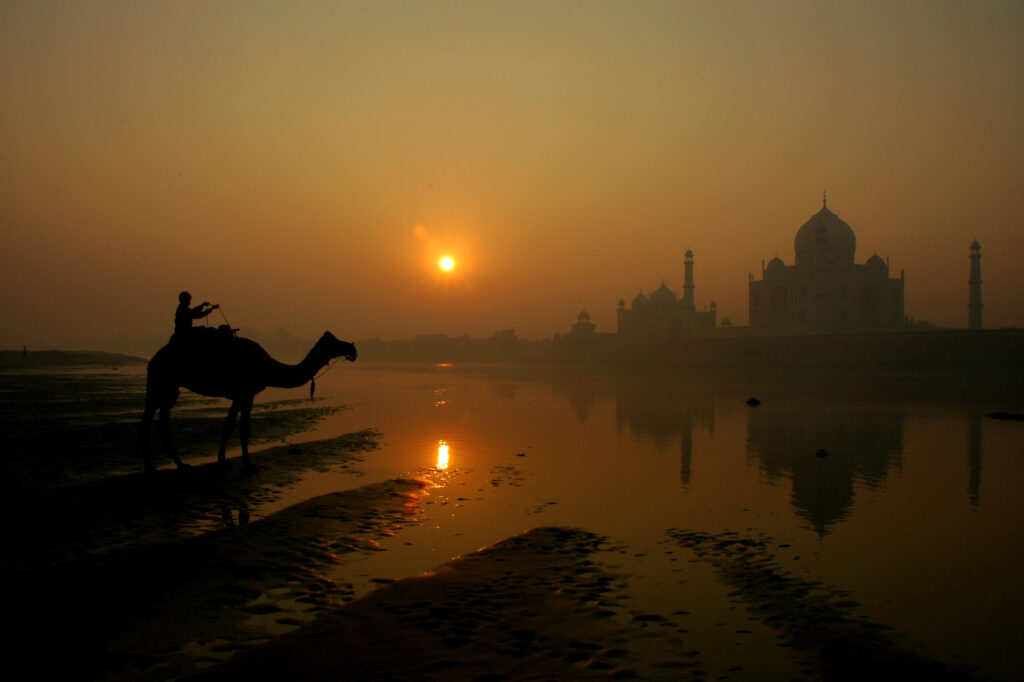




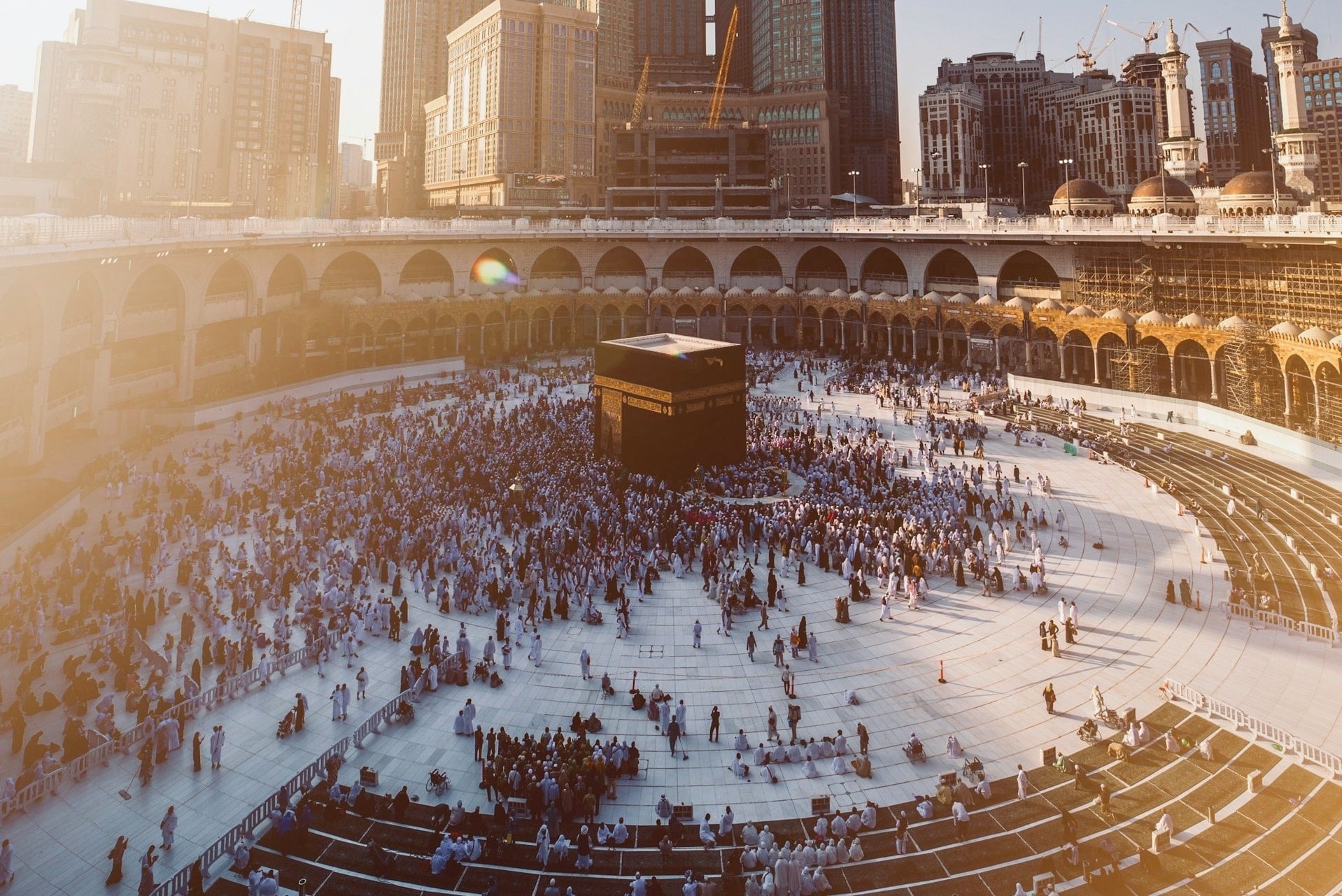
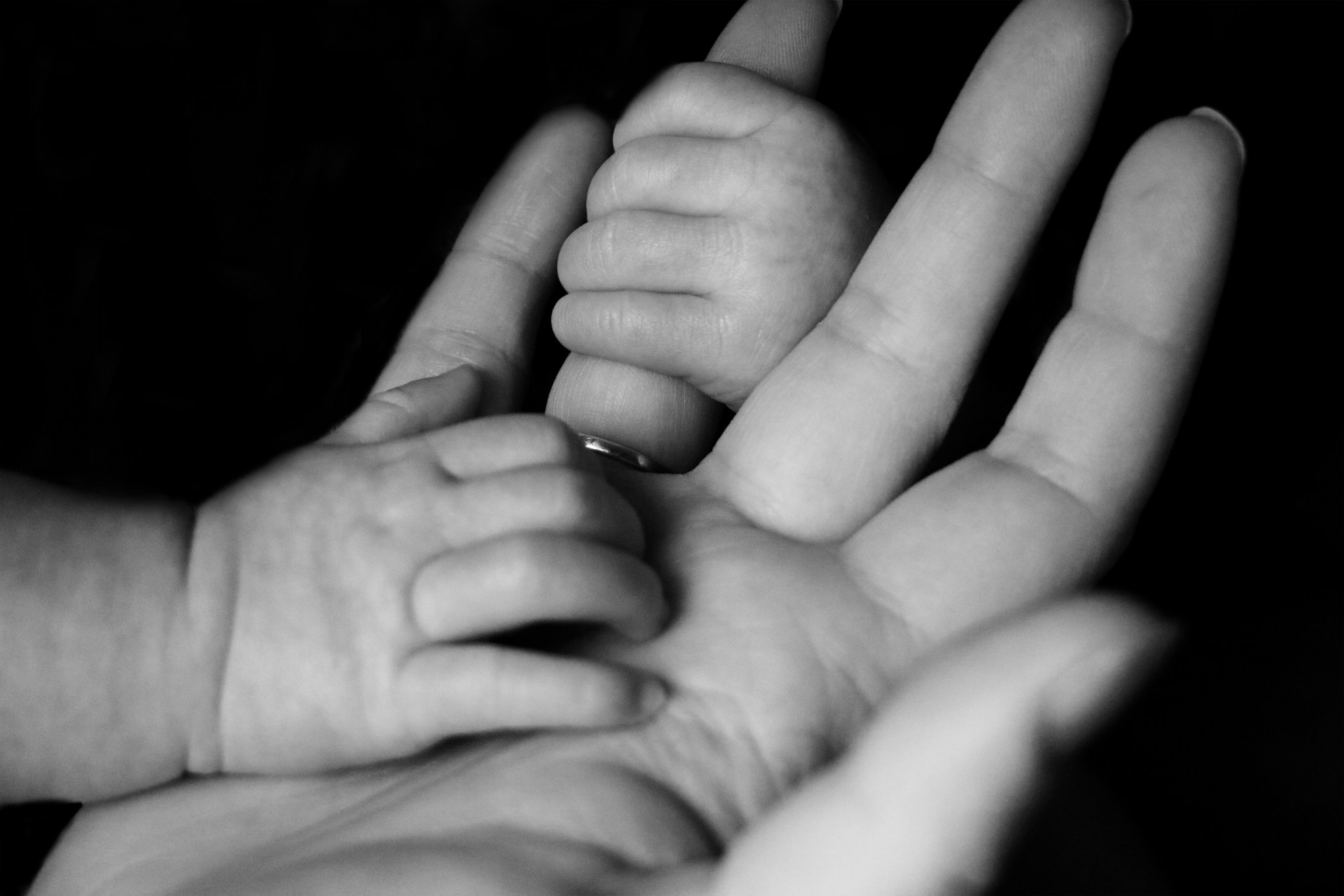
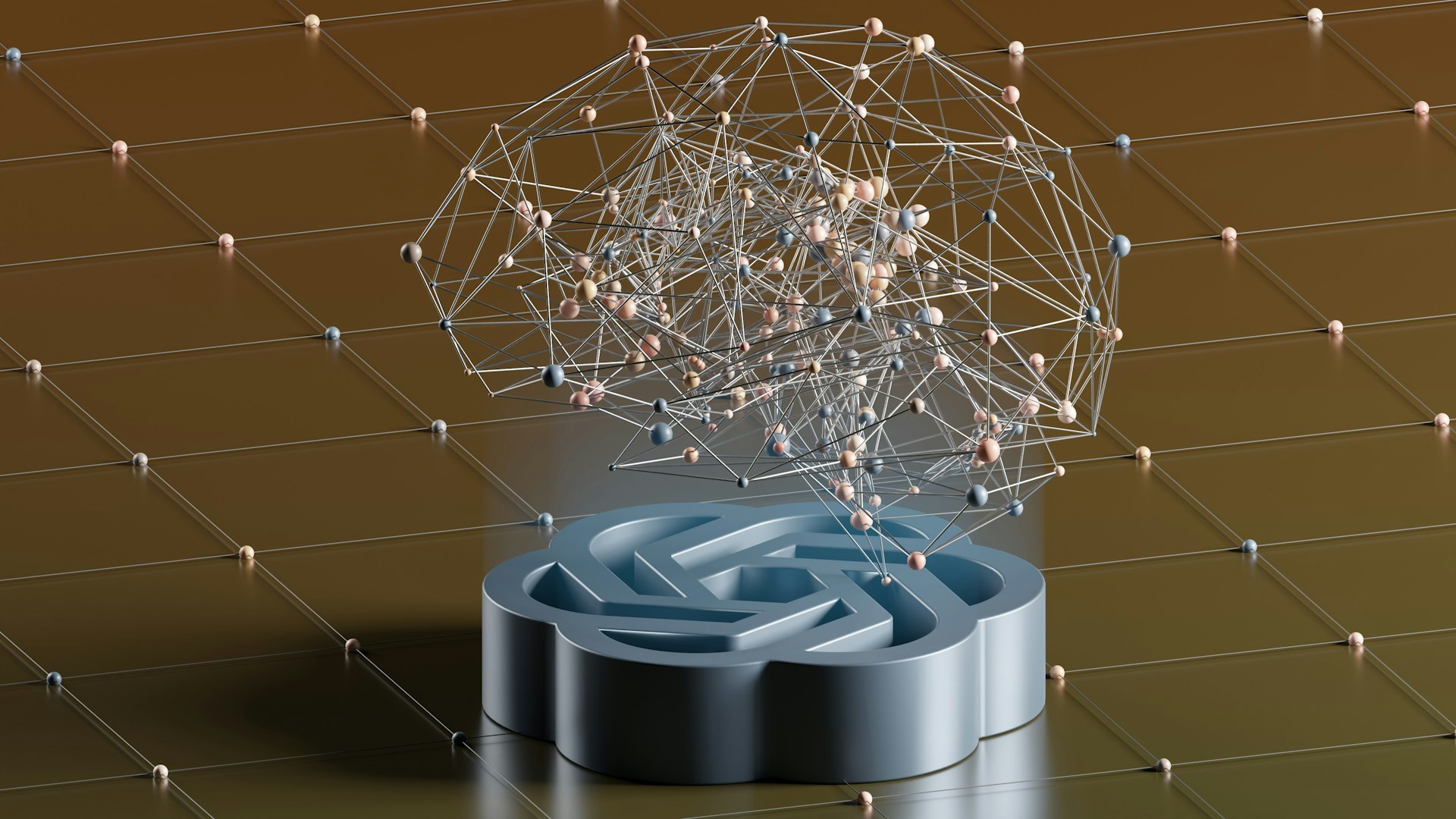
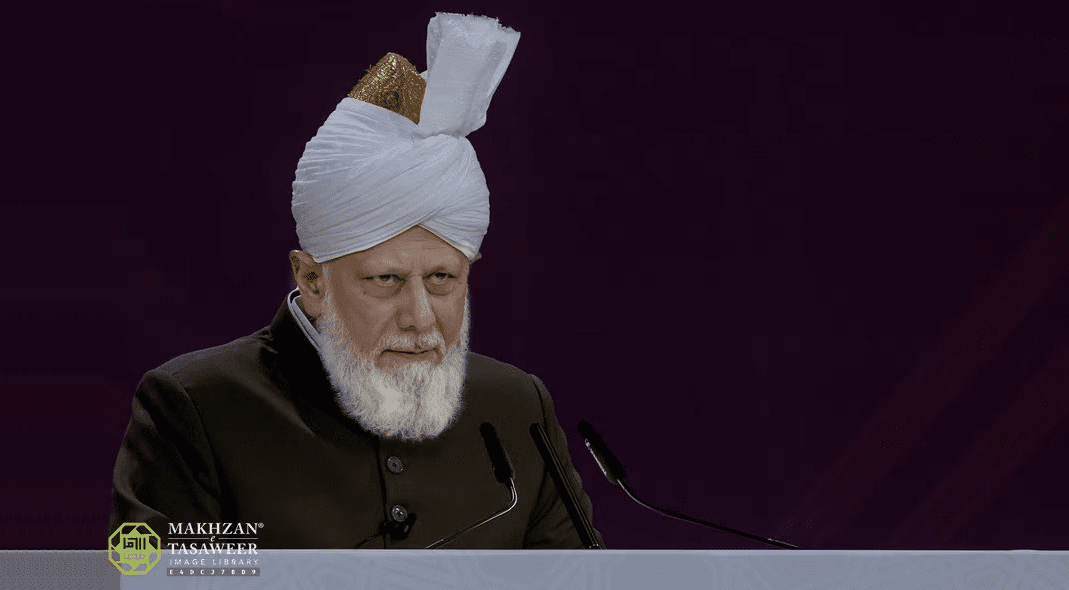
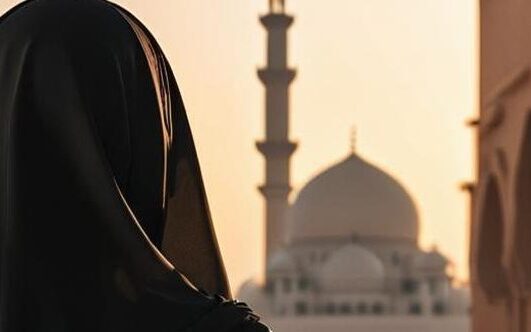


1 Comment
Dr Saleema Beegum CG · August 15, 2023 at 2:12 pm
Alhamdulillah, feeling grateful being an Ahmadi Muslim